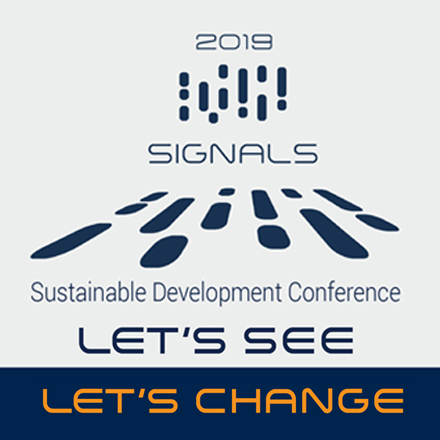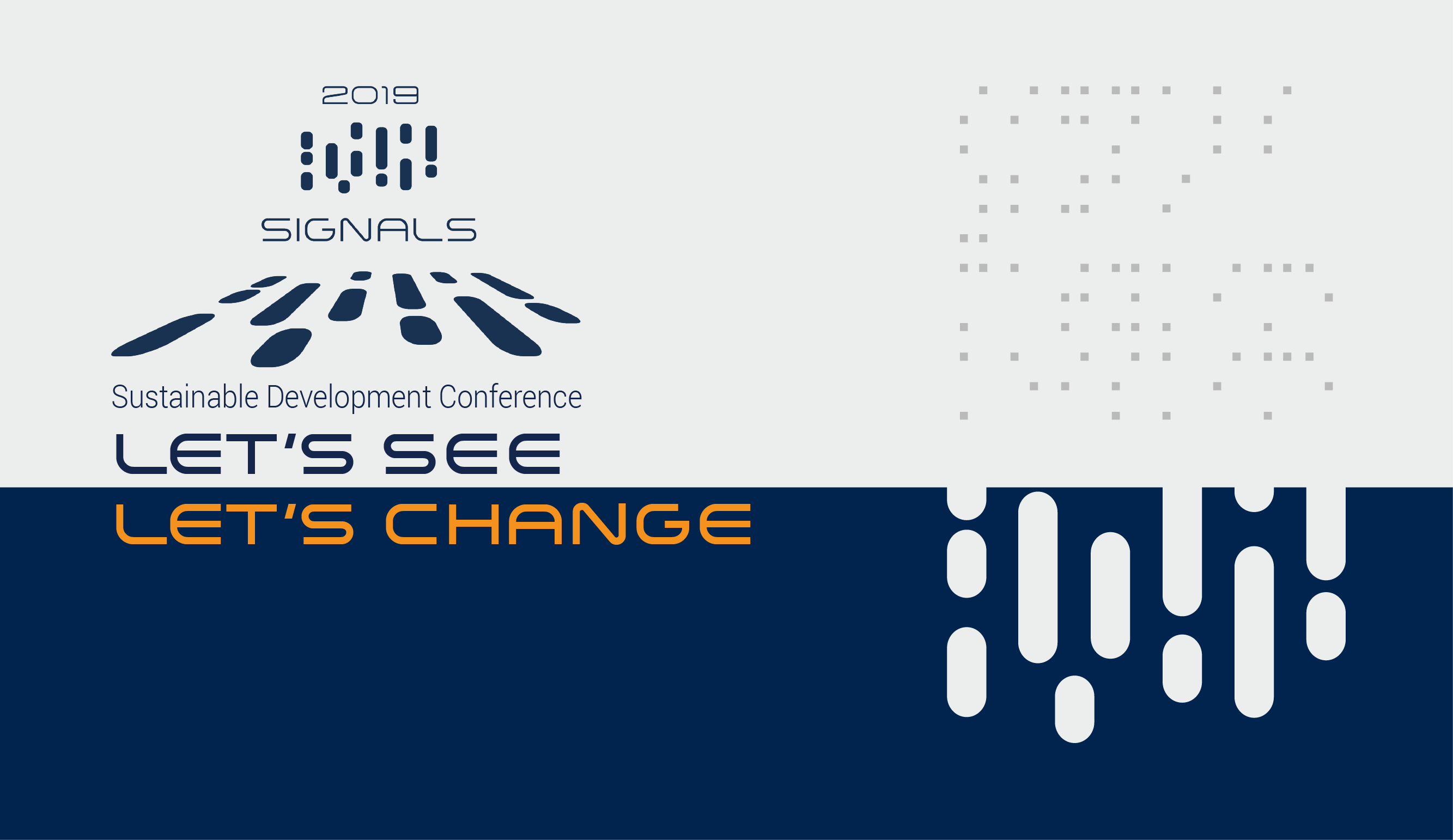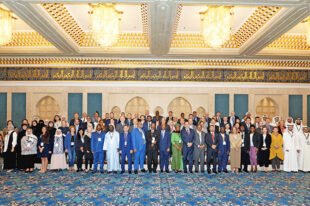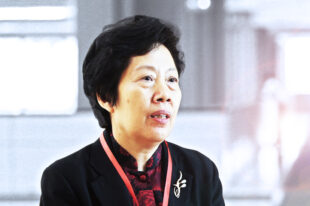Lithuania NAO Hosts National Conference on Sustainable Development

 The National Audit Office of Lithuania (NAOL) continues interacting with the public sector through its national SIGNALS conference on sustainable development. SIGNALS 2019, hosted by the NAOL in November 2019, invited participants to learn more about the most relevant public-sector signals, make necessary changes and answer the following questions:
The National Audit Office of Lithuania (NAOL) continues interacting with the public sector through its national SIGNALS conference on sustainable development. SIGNALS 2019, hosted by the NAOL in November 2019, invited participants to learn more about the most relevant public-sector signals, make necessary changes and answer the following questions:
• Strategic thinking: Do we see a part or the whole?
• Added value generating change: How to implement it?
• Social welfare puzzle: How to make decisions that bring positive change?
The plenary session called on participants to look at how national strategic decisions and financing affect the country’s welfare and economic growth; what trends are seen among major economies, and what directions in public finance work best. Interested institutions were also asked to choose to either continue observing only a part of public activities and public finances or see the whole and make the most efficient strategic decisions.
SIGNALS 2019 included two parallel sessions that highlighted:
(1) Sharing national and international experiences on successfully implementing change, which delved into the complexity of some reforms and identifying potential ways to create change.
(2) Discussing proposals to reduce income inequality, well-directed social assistance, roles of social dialogue, social business potential and effectiveness of social policy measures in these fields.
The SIGNALS 2019 closing session captured signals from the conference’s more than 600 representatives from academia, the public and the NAOL, who discussed the greatest challenges facing the State, as well as significant tasks awaiting Lithuania’s public sector. These varying perspectives allowed for a more in-depth, strategic focus on the whole and generating ideas for real change.
SIGNALS 2019, organized in partnership with the International Organization of Supreme Audit Institutions, European Commission, British Council, Vilnius University Institute of International Relations and Political Science, emphasized sustainable development via strategic thinking and strategic decisions in the public sector and welfare of the State.





